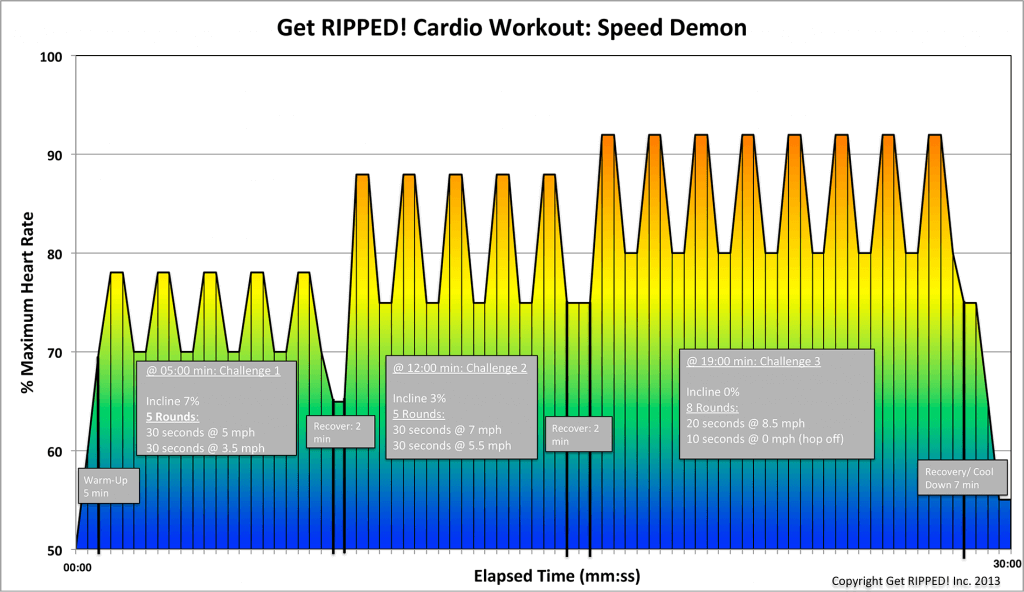Blog
Why It’s Important To Time Your Workouts
No matter what you do in life, there’s a specific amount of time to do it in that’s best. While working out longer may be tempting, especially if you want faster results, longer isn’t necessarily better. It’s one of the reasons experts suggest you time your workouts. My videos make that easy, since it’s pretimed for you, but why is that important? If you’re working out at home or in the gym, there’s a lot of ways to extend your workout time that have nothing to do with exercise.
Are you spending too much time doing things that aren’t fitness related?
I’ve seen it at the gym and heard people tell about doing it at home. You’re working out and that half hour program seems to extend to an hour. Why does that happen? For some people, they simply work slower, which isn’t necessarily bad or good. For most people, it’s the little distractions between sets or exercises that take its toll. At the gym they spend time walking around or talking to others, rather than moving quickly on to the next exercise. That quicker transition to the next exercise is actually healthier, since it keeps the body moving, improving muscular endurance and heart health, while keeping you more focused and using less time.
You may be spending too much time working out.
Sure, you want results and you’re not wasting any time, but should you be working out at high intensity so many hours a day? The answer is no. You can actually do harm when you workout too hard for too long, especially if you’re doing it on a regular basis. There is such a thing as overworking at the gym that can affect your body negatively. A hard strength building workout makes small tears in the muscles that have to heal. The healing process is what makes bigger muscles. While exercise burns off the hormones of stress, it also can stress your body when you’re working out hard for too long. It can affect your immune system for up to 72 hours.
Measure your efforts by number of reps.
If you easily breeze through your workout in less than 30-45 minutes, maybe it’s too easy or you aren’t doing enough repetitions. The amount of time you spend working out depends on how intense the workout is. If you’re doing HIIT—high intensity interval training—workouts where you alternate between top intensity and recovery, you won’t need to exercise as long as you would if you’re walking as your exercise. You need between 150 minutes and 300 minutes of moderate exercise or 75 minutes to 150 minutes of intense exercise every week. If you are barely able to speak when you workout, it’s an intense workout.
Timing your workout can include the time of day you workout. You should always schedule your workouts at the same time of day every day so it becomes a habit.
When you start timing your exercise, identify both how long the total workout was and how long each actual exercise set was. You’ll be able to see how much time was wasted and how much was actual exercise.
If you’re having problems judging how intense a workout is, consider a heart monitor that lets you view your heart rate. You can also use the heart monitor to see if you’re overdoing exercise. If you are, your resting heart rate will increase suddenly because of too much stress.
Doing intense workouts too frequently for too long can sabotage your efforts. Strength training to often doesn’t let muscles heal and causes loss of muscle mass. Exercising too much for too long can affect your mood and health negatively.

